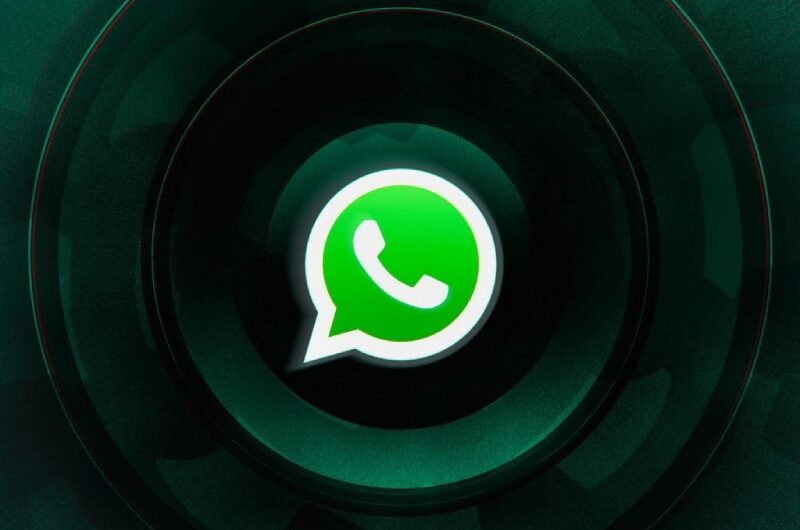How much time do your children spend gazing at screens? According to research, kids spending at least seven hours a day on screened devices have double the risk of anxiety as kids spending only one hour. Teens are particularly susceptible, spending more time on smartphones and social media than younger kids. Studies indicate that their off-screen counterparts who spend most of their time socializing face-to-face, playing sports or reading print media tend to be happier, in general. It’s essential for their emotional health to control kids screen time and the anxiety that it can provoke.
How Does Screen Time Increase Anxiety?
There are several ways screen time may increase anxiety in teens:
1. Constant Checking
You’re likely familiar with the anxiety that comes with continually checking your texts, email and social media. The fact that it’s all so easily accessible via your smartphone makes it harder to resist.
2. Reduced Self-Esteem
More screen time is thought to be associated with low self-esteem. It can be incredibly impactful for teens to compare themselves with their friends or others and make them feel like their life is lacking.
3. Lack of Focus
Looking at screened devices tends to speed up your brain so much that it’s nearly impossible to totally focus on one thing. However, when your brain is focused on one thing, your pace can be moderated.
4. Disturbed Sleep Patterns
The blue light emitted from screened devices awakens the brain, making it more challenging to relax and fall asleep at night. A lack of good, restful sleep can cause anxiety for anyone.
How Can Your Reduce Screen Time?
Part of employing natural remedies for teenage anxiety is teaching your teen simple, healthy habits for using their devices:
1. Limit Checking
It’s easy to continually check your phone when it’s always with you. Many people check their phones before even getting out of bed. Waiting at least 30 minutes after you get up will help your brain keep in sync with its natural rhythm. During the day, limiting yourself to checking your phone to once an hour can help you concentrate fully on what’s immediately in front of you.
2. Avoid Comparing
Don’t make judgments about your life based on the lives of others on social media. Be yourself and remember that those on-screen personalities are carefully manicured.
3. Avoid Multitasking
Research has shown that multitasking doesn’t help with productivity; it actually restricts efficiency. If you feel overwhelmed, make a list of what you need to complete. Then, check off each task as you finish it. Checking off items will show you how productive you are, which is sure to lower anxiety.
4. Power Off
Looking at a device within a couple of hours of bedtime can keep your brain alert and unable to fall into a restful sleep. Screens should be turned off at least two hours before bed. This may mean that you need to hold on to your kids’ devices overnight. Between worrying about COVID-19 and enduring social isolation, the pandemic’s impact on children’s mental health has been significant. Therefore, it’s critical to teach your kids how to unplug periodically.
Topics #Anxiety #Brillia Health #Too Much Screen Time #Too Much Screen Time effect











